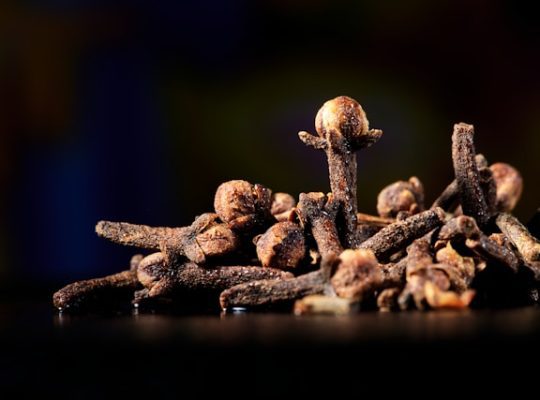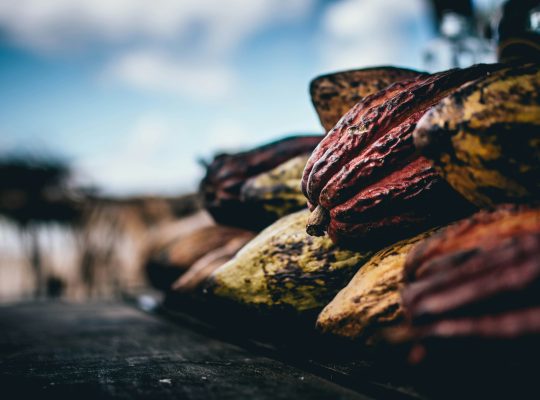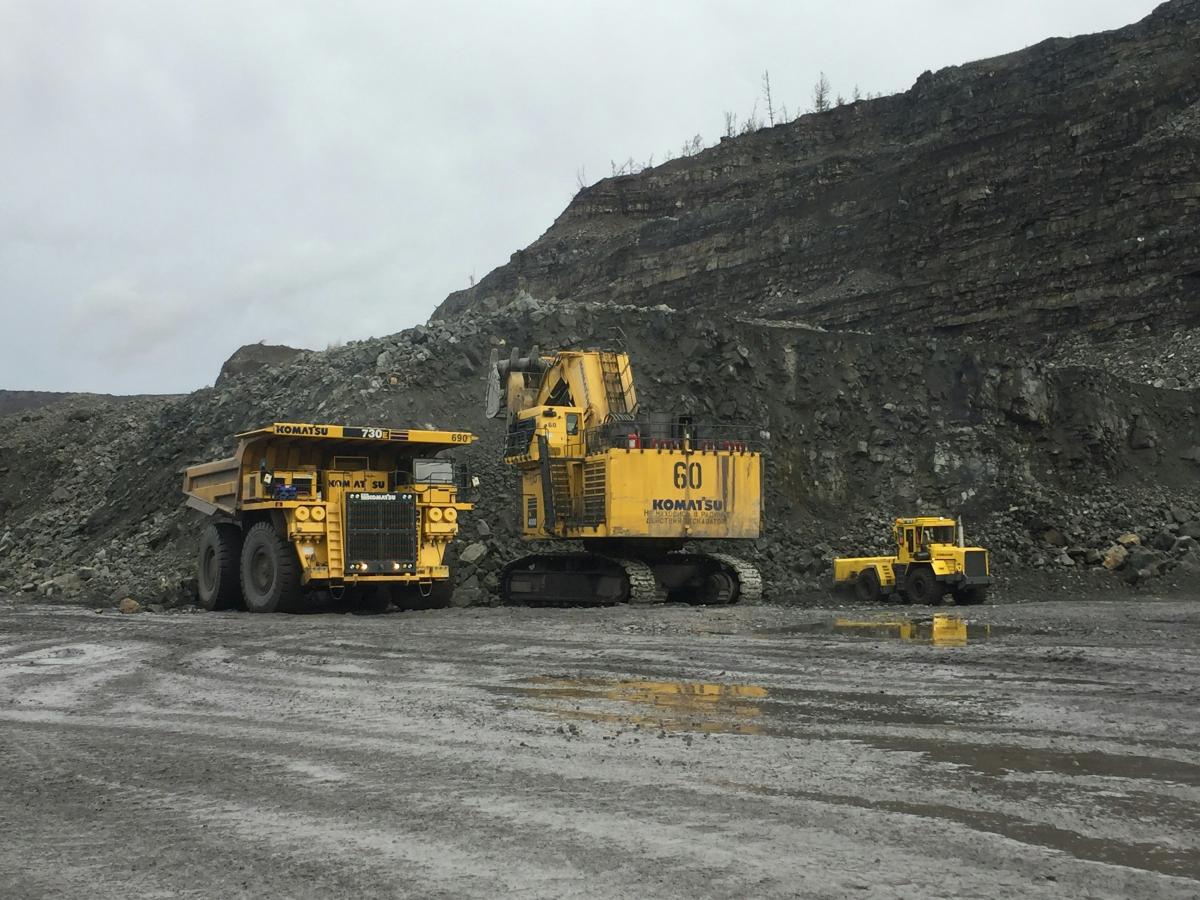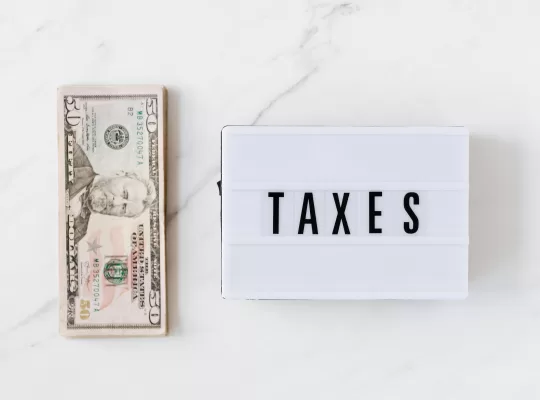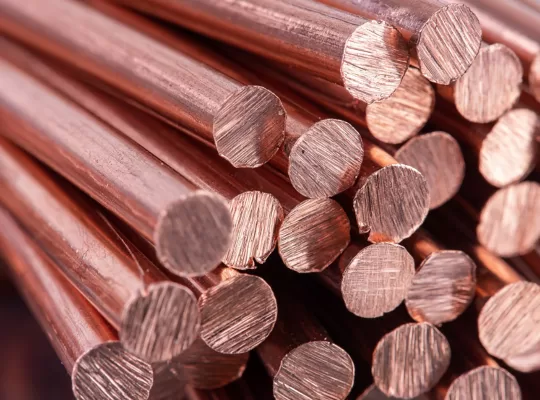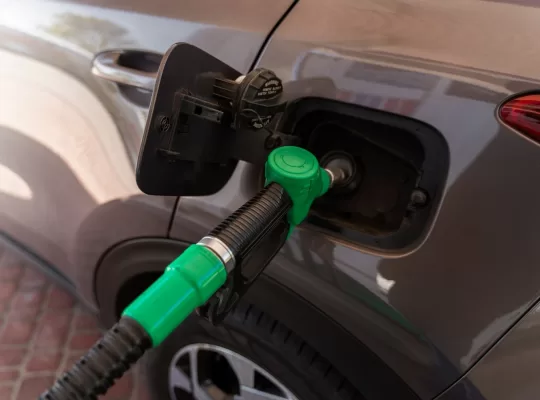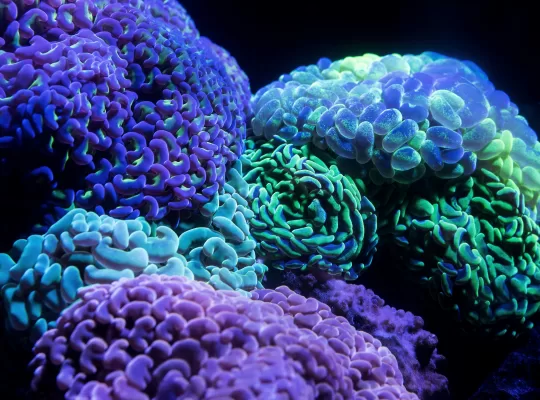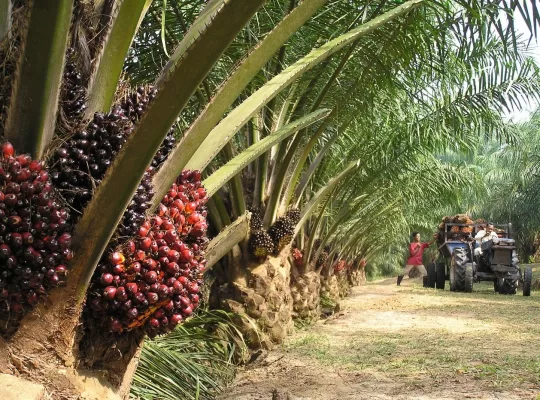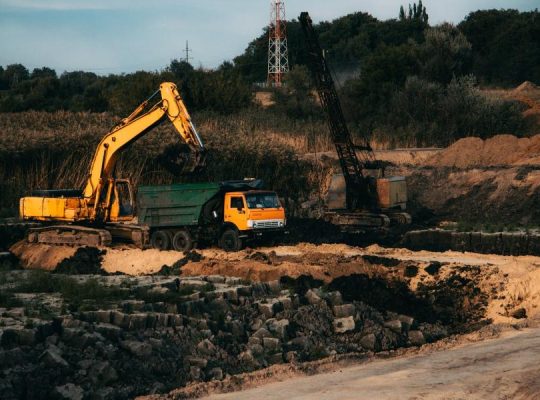At a recent conference in Jakarta, experts discussed the need for new pricing benchmarks for nickel, aiming to mitigate the rampant price uncertainty plaguing the market. The gathering, known as the Third Nickel Producers, Processors and Buyers Conference, focused on how the nickel market could benefit from diversifying its price references.
Historically, the London Metal Exchange (LME) has set the price for class 1 nickel products, but these figures have experienced significant fluctuations. For example, after a temporary halt in nickel trading by the LME in March 2022, prices had dramatically increased to over $100,000 per ton overnight. Although there was hope for stabilization, the prices remained inconsistent into the current year, dropping to a four-year low before recovering somewhat due to supply concerns in Indonesia and adjusted surplus forecasts.
Participants at the conference, including Ray Gunara, president-director of Harum Energy, suggested that introducing different price references for nickel products like class 2 nickel pig iron (NPI) and mixed hydroxide precipitate (MHP) could help. This diversification could potentially decouple the volatile class 1 prices from those of other nickel types. Harum Energy, which recently expanded into the nickel refining business, was particularly vocal on this point.
Roy Arman Arfandy, president-director of Trimegah Bangun Persada (Harita Nickel), echoed the sentiment, noting that the current price metrics do not accurately reflect the market for the products they are selling. He highlighted how the LME class 1 prices, which are no longer tied to the actual products available in the market, complicate pricing forecasts.
The correlation between key nickel price indices has weakened, indicating a shift in how nickel pricing is perceived and managed in the industry. With Indonesia being a major nickel producer, changes in these references could significantly impact the global market.
Additionally, calls were made for more governmental support, especially favoring local businesses in Indonesia, to balance the scales against foreign investments. There were also aspirations expressed by some attendees to expand local manufacturing capacities, such as building plants for precursor cathode active materials, contingent on increased government backing.




